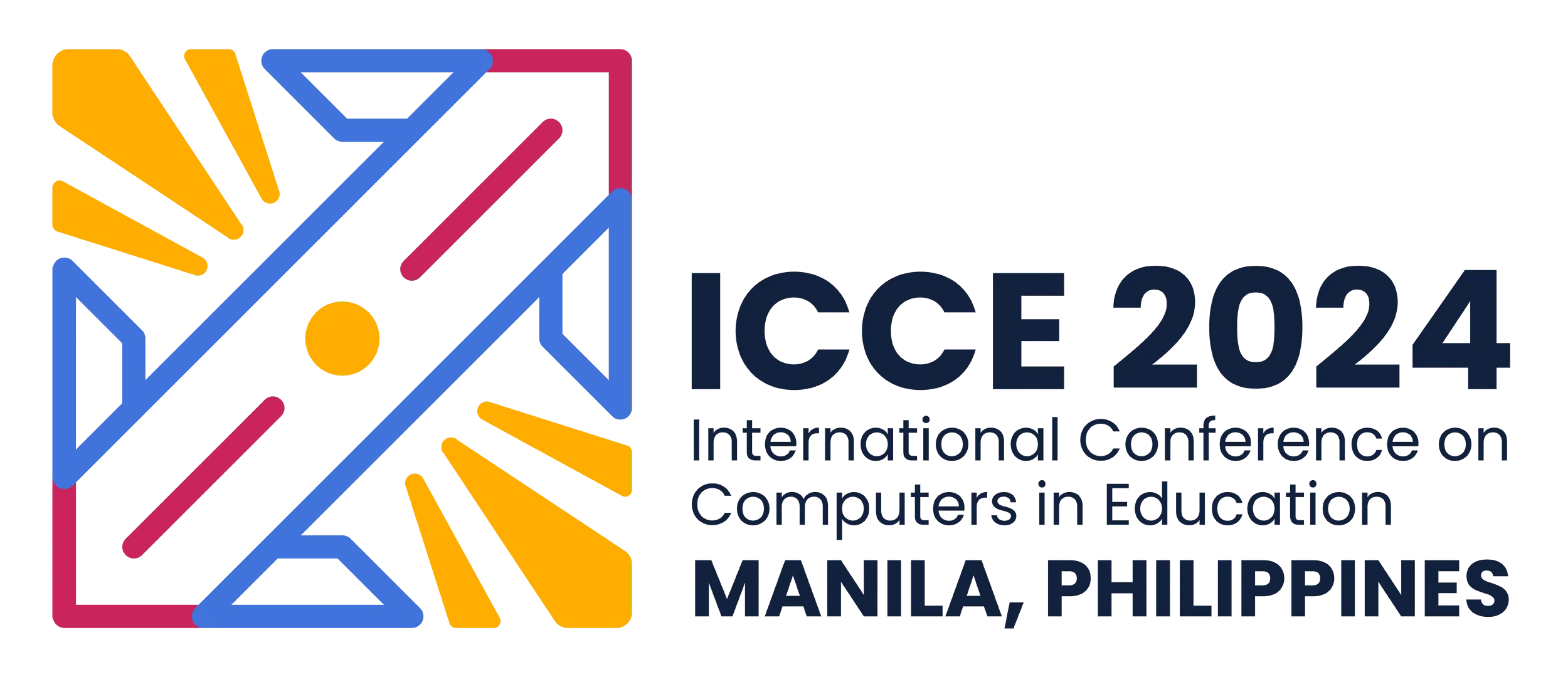Open Knowledge and Learner Model: Mathematical Representation and Applications as Learning Support Foundation in EFL
DOI:
https://doi.org/10.58459/icce.2024.4902Abstract
In elementary education, knowing the learner's knowledge state is an essential but difficult task in today's educational settings. Learning Analytics (LA) research has successfully estimated learners' states by visualizing and analyzing their activities. Still, it was difficult for traditional LA to explore learners' knowledge states due to the lack of information about learner-knowledge relationships. Open Knowledge and Learner Model (OKLM), a universal learner model that can connect learning activity logs and knowledge models, has been developed as an LA tool that serves as a foundation for various learning support systems. Although a conceptual proposal of the OKLM framework and its applications have been provided, it has not yet been mathematically formulated. In this paper, we formulate OKLM mathematically and introduce the concept of "relative proficiency" as a knowledge state. Targeting English as a Foreign Language (EFL) learning, some of the applications of OKLM to specific learning supports, including knowledge analogy, modeling learning materials, and material recommendation, are provided. In the future, we will verify the effectiveness of OKLM using actual data and improve the model based on further validation. Moreover, OKLM will be able to broaden its context other than EFL learning. This research will contribute to opening new possibilities for LA.


